When it comes to gardening with a green thumb, keeping a garden journal can be a big part of the success!
Garden journals are so much more than just a few thoughts about plants scribbled on a notepad. They can be a record of garden failures and successes, weather and pest issues, and of what bloomed and when.
Over time, they become an encyclopedia of gardening history specific to your garden and your growing zone.
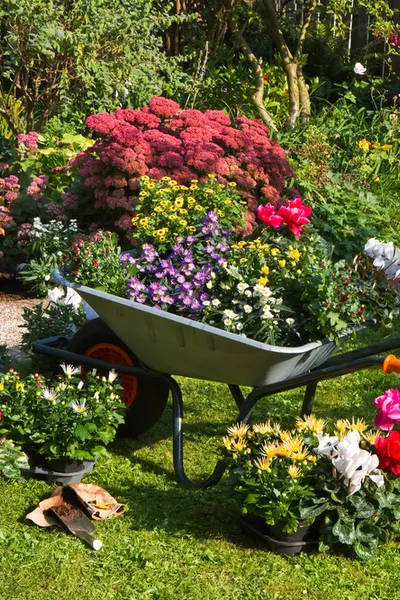
And that history that can to lead to better gardening know how. Which of course, leads to a more productive garden with better results every year.
Keeping A Garden Journal
Even the most informal of garden journal can be of huge assistance to a backyard gardener.
Simply keeping a record of what was grown, and where, along with a few key notes of how the plants performed goes a long way in helping the following year’s garden.
And here’s the kicker, there is no better time to start one than this fall! Why fall?

Because it is the perfect time to write down this year’s gardening notes – before ol’ man winter starts to fade the memory!
With that in mind, here are 3 great reasons to keep a garden journal, along with a few key tips on what to include.
3 Great Reasons To Keep A Garden Journal
#1 Preventing Memory Failure
As noted above, memory is short-lived when it comes to recalling what you planted, and where.
And without a record, it is easy to repeat the same mistakes twice.
Like planting vegetable crops in the same location and not rotating to a new space. Or remembering the sunflowers you planted in the back flowerbed grew too tall and shaded out your geraniums.
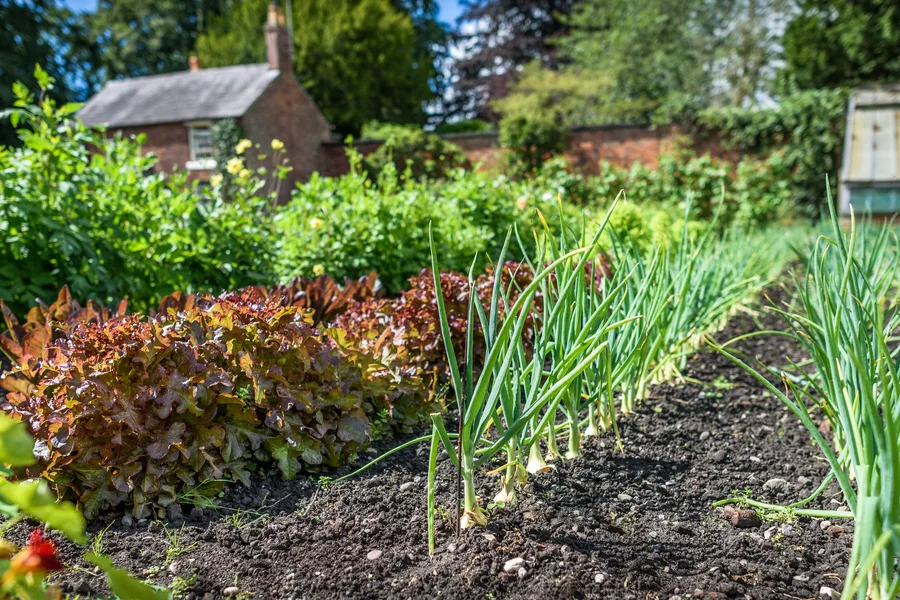
But that fading memory can also forget to do what worked brilliantly. And who doesn’t want to be able to remember the successes as well!
Jotting down what you planted, and where is the first big key of a successful garden journal. From there, every additional detail you can give only serves to help with subsequent gardens.
And here is an added tip: take out that cell phone camera right now and snap a photo of all of your garden beds. Print it off, and place it in your journal. Your memory will thank you for the photo next spring!
#2 Helping To Control Pests
A garden journal is also an excellent way to keep track of the pests that attack your garden and flowerbeds. And not just what type of pests, but when they attack.
Knowing both is a huge key to being prepared to control pests and the damage they cause.
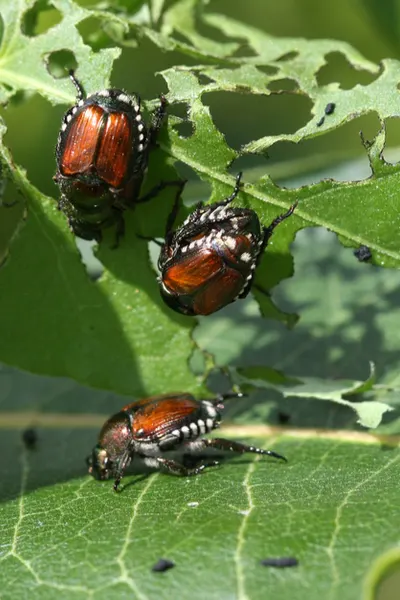
By knowing when and where a pest attacks, you can be on the early lookout for damage. And when it comes to pests, early detection is the key to control!
Recording pest information can also be beneficial in knowing where to plant companion plants that help deter or even eliminate pests from certain areas. (See : The Keys To Companion Planting)
#3 Knowing What To Grow – How A Garden Journal Helps Plant Performance
We have all been there as gardeners. You remember how incredible those flowers you planted performed in the front bed last year – and yet, you simply can’t remember what you planted.
Keeping a record of what you grow and how it performs is a great way to build on the success of your garden. And keep from repeating mistakes.
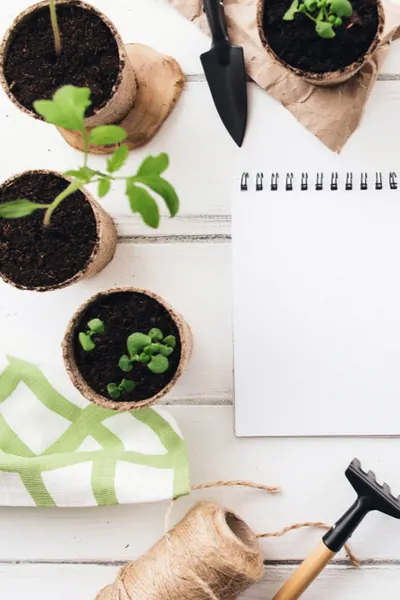
Whether its a vegetable crop or annual or perennial flowers, knowing what varieties performed well, or didn’t, will help in subsequent years.
It is amazing how one variety of a snow pea can perform exceptionally in a specific growing area. And how another fails miserably.
Keeping a garden journal is the best way to build on your gardens success, year after year.
The Best Way To Keep A Record
For some, a small spiral bound notebook works perfectly. For others, a folder of notes for each year is the answer.
There are also some excellent hardbound editions available, like the Journals Unlimited Garden Journal that make the task a breeze.
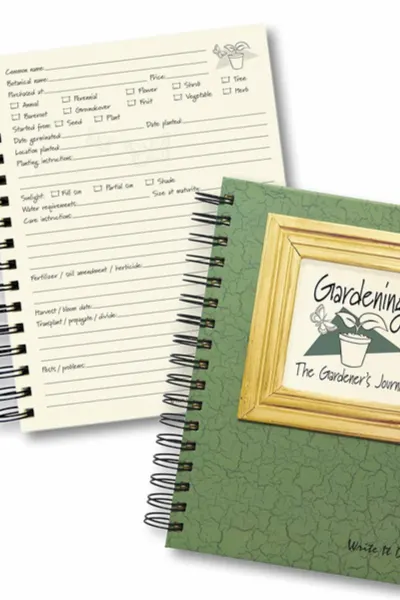
For about $20, the hardbound journal comes complete with pre-prompted pages to help write down the most relevant garden info.
But whatever you use or however you chose to write it down – get started on that garden journal now!
Here is to keeping a garden journal and to better gardening success!

This Is My Garden is a website dedicated to spreading the love and knowledge of gardening around the world. We publish two new garden articles each week. This article may contain affiliate links.
